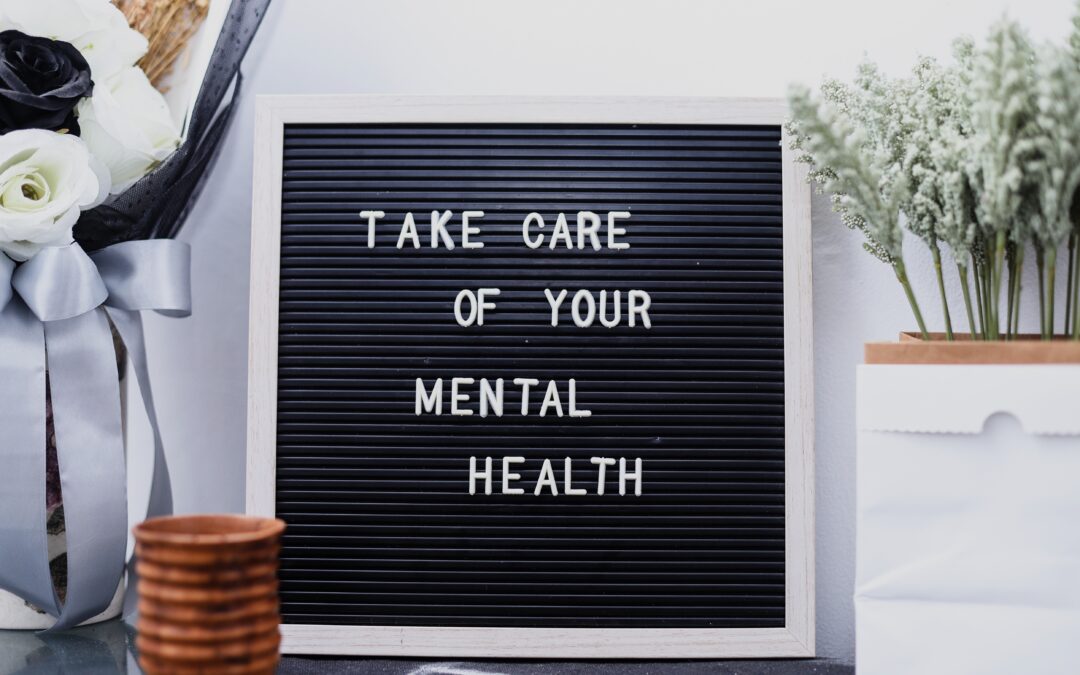When thinking about a New Year’s resolution, it is helpful to choose an objective that can be successfully reached. These goals may be short- or long-term, simple or complex, individual or shared.
Some of the most common New Year’s Resolutions include:
- Focusing on health by losing weight, exercising, and eating healthier foods
- Becoming more financially savvy by lowering debts and saving money
- Quitting a bad habit, like drinking too much alcohol or smoking
- Improving professionally by finding a better job or pursuing higher education
- Traveling more by planning a trip
- Being more environmentally responsible by reducing, reusing, and recycling
- Serving others by volunteering more
But what about those who want to make a mental health resolution? Many people choose to focus on stress management or reduction, anxiety control, or just to live happier. Since these resolutions are more difficult to accomplish, how do you make this year different to make sure you set yourself up for success? Change your perspective when approaching New Year’s resolutions. Instead of making a vague list of what you want to change, ask yourself three simple questions: what, why, and how?
What?
Start by specifically defining what it is you plan to accomplish this year. Be concise, and keep it simple. For example, if you start with a goal like, “I plan to be happier this year,” you may want to redefine that as, “I plan to spend more time doing things I enjoy.” If your resolution is to reduce your stress this year, you might guide yourself toward saying, “I will set boundaries about working on the weekends.”
Why?
Ask yourself, “Why would I like to accomplish this goal?” Often, changes to your life have an internal representation that you aren’t even aware you’re striving for. That’s why some people vow to lose 15 pounds but once they do, they still feel defeated and depressed. If you really investigate why you want to accomplish your goal, you will find a bit more about what you really wish to accomplish. This is one of the most important things to identify. It helps keep you going when times get hard and you want to quit before reaching your goal.
How?
Have a well-thought-out plan before you embark on your adventure this year. It’s important to realize that if you knew all there was to know about this particular life change, you’d have already accomplished it.
Do your research. Make sure you find out the info about what you’re taking on.
Tell everyone you know. People who are accountable are more likely to succeed in achieving resolution goals. When you know that you’re going to hear about it from people when you continue to engage in the old behaviors, you’re less likely to bail out on your resolutions. Also, letting people know about your goals is a great way to have friends and family encourage you along the way.
Set up a reward system. Periodically use rewards for reaching small goals. Accomplishing the goals you set produces dopamine, the pleasure chemical in your brain. Dopamine activates the parts of the brain that make you eager to pursue new challenges. By setting and achieving goals today, you’re heightening your ability to be the person you want to be.
Source: SupportLinc

